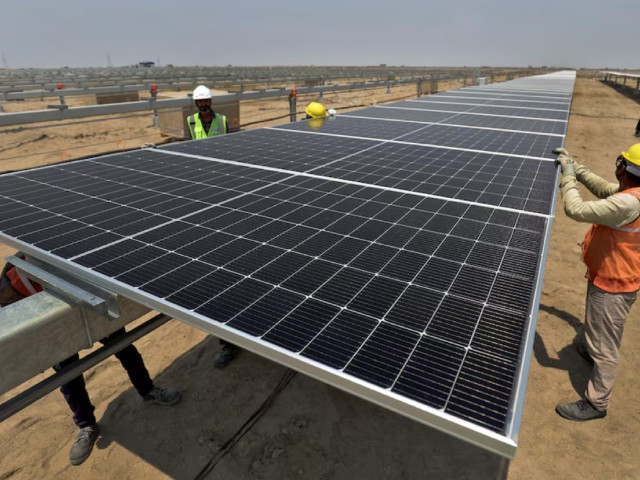
With the Punjab government poised to launch the Chief Minister’s Solar Panel Financing Scheme from August 14, citizens of the province can check their eligibility for the relief measure by sending their electricity bill’s reference number and computerised national identity card (CNIC) number to the helpline 8800 via SMS.
A meeting to review the progress of the solar panel scheme was jointly presided over by Punjab Chief Minister Maryam Nawaz and Pakistan Muslim League-Nawaz (PML-N) President Muhammad Nawaz Sharif on Saturday.
During the meeting, Punjab Energy Secretary Naeem Rauf provided an extensive briefing on the scheme, revealing that a pilot project is already under way to assess the efficiency of the solar panels to be distributed under the programme.
The performance and readings of the installed solar panels are being monitored online through a Solar PV mobile app.
Secretary Rauf highlighted that the scheme will initially provide solar panels to over 100,000 electricity consumers through a transparent ballot system. T
he Punjab Information Technology Board (PITB) has developed an online system for the registration and balloting. Eligible citizens can register by sending an SMS to 8800 and will be notified through SMS if they win the ballot following the verification of their credentials by the district administrations and power distribution companies.
To prevent the resale of the solar panels in the market, all units will feature bar or QR codes.
The scheme targets consumers with electricity consumption between 200 and 500 units per month. The government has stipulated that households with multiple electricity connections or those involved in electricity theft will be ineligible.
Additionally, the power distribution companies will verify that applicants are not defaulters.
Chief Minister Maryam Nawaz expressed her desire for the scheme to provide relief to citizens in terms of reduced electricity bills. She emphasised the importance of expediting the preparatory work for the scheme’s launch and indicated that the scope of the financing programme would be gradually expanded.
"The prices of wheat flour and electricity significantly impact the economic conditions of our people," said the chief minister. "I want every citizen of Punjab to get relief on their electricity bill. Punjab is the only province to present a surplus of Rs625 billion, in line with IMF conditions," she added.
Former prime minister Nawaz Sharif underscored a universal struggle with high electricity bills. He recalled the efforts during his tenure to end load-shedding and maintain stable electricity prices.
"We managed to keep electricity bills low and the dollar rate stable until 2017. Now, the country faces significant economic challenges and the decision-makers need to prioritise the welfare of the people."
The meeting was attended by Senator Pervez Rasheed, Special Assistant to the Prime Minister Rana Sanaullah Khan, Senior Minister Maryam Aurangzeb, Special Assistant Rashid Nasrullah, MNA Bilal Azhar Kayani, and relevant officials.
Meanwhile, the Lahore Electric Supply Company (LESCO) detected 503 connections from where the consumers were pilfering electricity in the provincial capital, Sheikhupura, Nankana Sahib, Kasur and Okara. A LESCO spokesman told the media on Saturday that the company had also submitted applications for the registration of FIRs against electricity thieves, out of which 172 cases had been registered in police stations and 21 suspects arrested.
LESCO Chief Executive Officer (CEO) Shahid Haider said the electricity pilferers as well as the employees who facilitate them are being brought to justice.
Among the severed connections, 13 were commercial, 11 agricultural, one industrial and 478 domestic. The consumers were charged for a total of 460,384 units as detection bill amounting to Rs16.158 million.
With additional input from APP



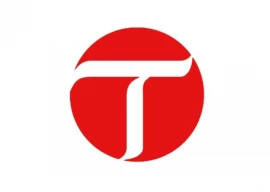
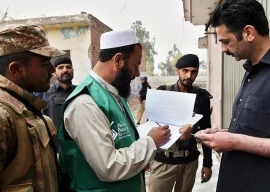



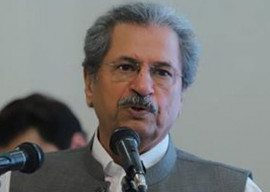


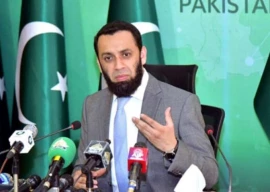
1715843823-0/WhatsApp-Image-2024-05-16-at-12-14-16-(1)1715843823-0-270x192.webp)






COMMENTS
Comments are moderated and generally will be posted if they are on-topic and not abusive.
For more information, please see our Comments FAQ